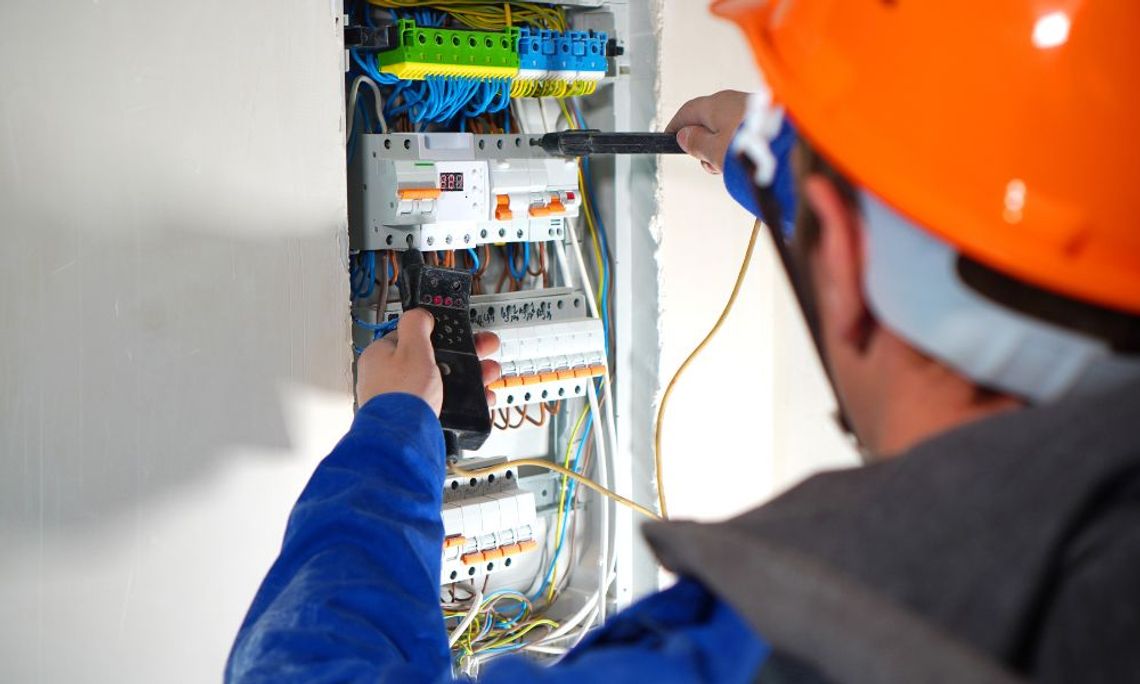When you’re looking for cables for your devices, you’ll often see two major options: shielded and unshielded. While both types of cables will work, shielded cables offer much more protection for your devices, which can be vital. Here’s a look at why you should use shielded cables when given the choice.
Reduce Electrical Noise
The electricity that runs through the wire can create a lot of noise which can cause issues with the flow of the cable. Shielded cables help contain that noise and send it in the proper direction, reducing electrical noise in your wires.
Lowers Electromagnetic Radiation
Electricity funneling through wires is safe, but it can create electromagnetic fields around the wires. This is the cause of electromagnetic radiation, which isn’t dangerous according to studies, but people do report headaches, anxiety, depression, and many other symptoms. Shielding can help contain this electromagnetic radiation.
Stops Crosstalk
Crosstalk between wires can be a huge problem for many precise devices, as the crosstalk can prevent and alter the signals traveling through the wires. When you need precise signals and don’t want interference from other wires, shielded cables are the way to go. That’s why understanding the differences between shielded and unshielded cables is so important.
Protects People and Devices
Another reason so many people like these shielded cables is the protection they offer to the people and devices that use them. Shielded cables help prevent electricity from going to places no one wants it, which makes them safer to handle. A good system will prevent random shocks and damage to devices while you’re handling or using the wires, so using shielded cables for your devices is a good idea.
Using shielded cables for devices can benefit many people and devices given the right circumstances. That extra protection and precision are vital for many machines and processes.


Comment
Comments